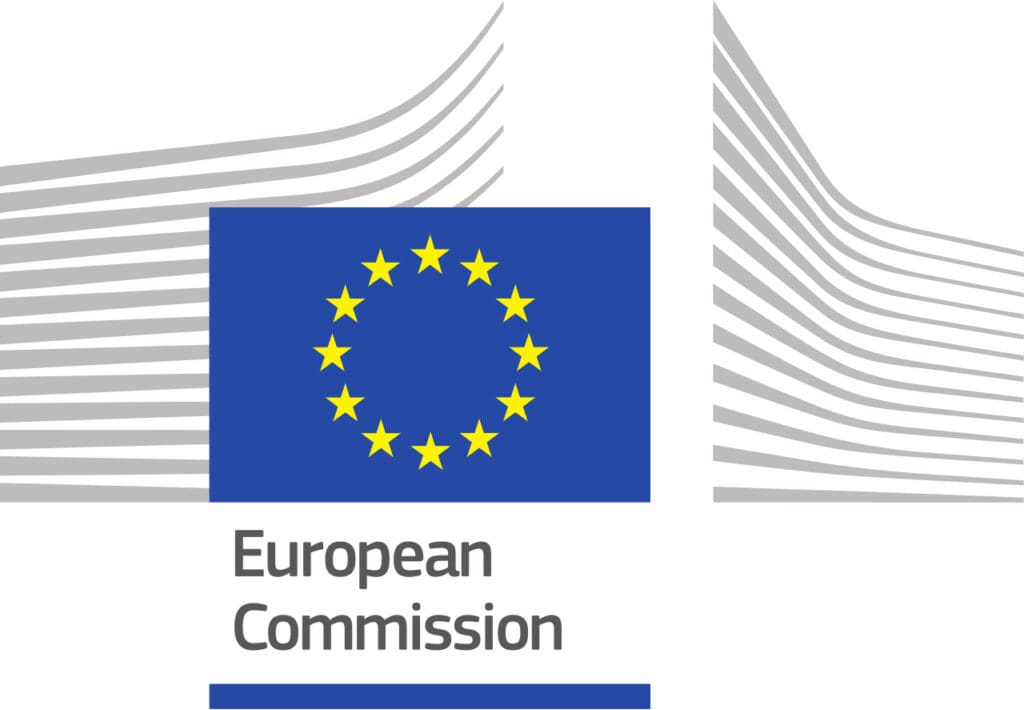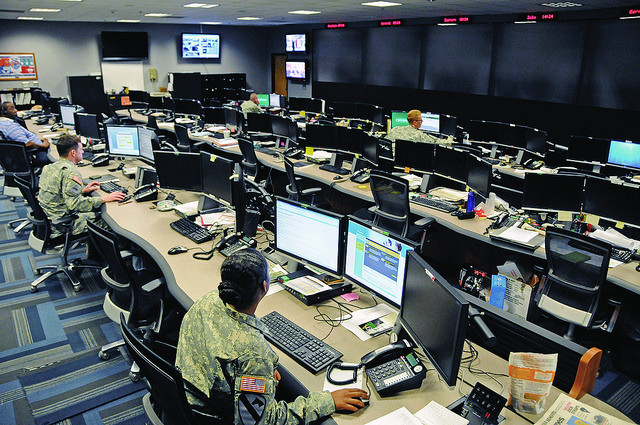Blog
Blog
Dataset Spotlight: How ISIS Uses Twitter- Interview with Khuram Zaman
July 20, 2016by Megan Risdal Many of us know that data collection, cleaning, and processing is a time-consuming and sometimes arduous ordeal that requires patience along with elbow grease. It’s usually the end product—insights from an analysis to feed action—that motivates us to munge. In this interview, Khuram Zaman of Fifth Tribe, explains how a desire to ...
Blog
How Technology Could Help Predict Terrorist Attacks
July 13, 2016by Sheryl Prentice The internet has become a weapon for terrorists, who use social media and other technologies to organise, recruit and spread propaganda. So is it possible to turn technology around and use it to not only catch terrorists but predict and potentially stop terror attacks before they happen? One thing we can do ...
Blog
EU Commission Under Investigation for EU Internet Forum Documents
July 6, 2016By Kirsten Fiedler In the past year, EDRi made numerous formal requests to get more information about the EU Internet Forum. This Forum was set up by the EU Commission to persuade companies to do “more” to fight terrorism. After months of obstruction from the European Commission, EDRi made a maladministration complaint to the European Ombudsman. ...
Blog
Interview with ISIS-chan – The Cute Anime Character Fighting ISIS Propaganda
June 22, 2016By Moign Khawaja and Sara Dissanayake The Islamic State, previously calling itself the Islamic State of Iraq and the Levant (ISIL) or the Islamic State of Iraq and Syria (ISIS) is a Sunni jihadist group active in Iraq and Syria. The group has been labeled a terrorist organisation by the UN for committing gross human ...
Blog
Here’s How Radical Groups Like Islamic State Use Social Media to Attract Recruits
June 15, 2016By Sandy Schumann Following the deaths of several African American men at the hands of police last year, the Twitter hashtag #blacklivesmatter enabled people from around the world to discuss race relations in the US. What is less well-known is that this hashtag – among others – was also used by supporters of Islamic State, who aimed to appeal ...
Blog
European Commission Online Platform Proposals Puts Onus on Companies
June 8, 2016By Jens-Henrik Jeppesen On 25 May, the European Commission published a set of proposals and documents under the umbrella of its Digital Single Market strategy. Among them is a Communication on ‘Online Platforms and the Digital Single Market Opportunities and Challenges for Europe’. This sets out the Commission’s conclusions and proposed actions based on its Platforms Consultation, which ...
Blog
Information Warfare: Weaponizing Facebook And Twitter
June 1, 2016U.S. SOCOM (Special Operations Command) has increasingly depended on commercial technology to gain an edge in battle. This has paid off as Islamic terrorists have moved some of the combat to the Internet, which they use for recruiting, fund raising, training and carrying out attacks or for defense. SOCOM is now turning to commercial Internet ...
Blog
My Islamic State Social Network
May 25, 2016My first conversation with Islamic State was about my reporting. I had just shared an article I’d written about the terrorist group recruiting Western fighters on my Twitter when I saw that someone using the Twitter handle Abu Omar had also posted a link to the piece on his own account. His profile photo unabashedly ...
Blog
America is ‘Dropping Cyberbombs’ – but How Do They Work?
May 18, 2016By Richard Forno & Anupam Joshi Recently, United States Deputy Defense Secretary Robert Work publicly confirmed that the Pentagon’s Cyber Command was “dropping cyberbombs,” taking its ongoing battle against the Islamic State group into the online world. Other American officials, including President Barack Obama, have discussed offensive cyber activities, too. The American public has only glimpsed ...
Blog
Countering Lone Wolf Terrorism: Weak Signals and Online Activities
May 11, 2016By Lisa Kaati and Fredrik Johansson Lone wolf terrorists can come in a variety of shapes and backgrounds and they are in general very hard to detect before they attack. As argued by previous research, there are no clear profiles for lone wolf terrorists since they have a large variation in factors such as social status, ...








